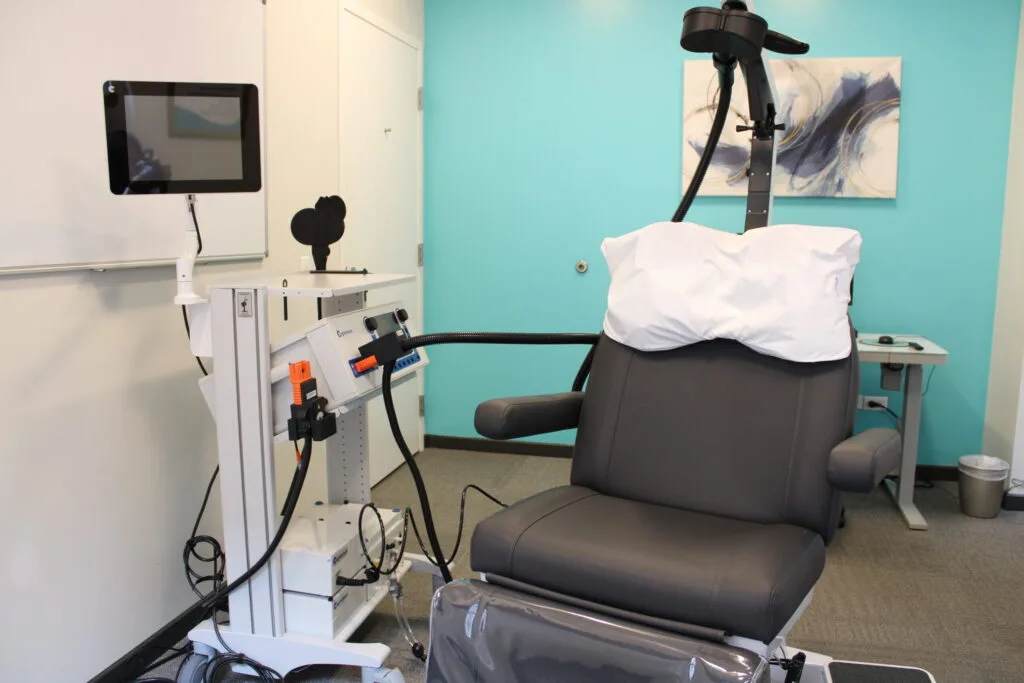
Exploring TMS Therapy Near You:
If you are seeking TMS near me, you’re in the right place. Transcranial Magnetic Stimulation (TMS) is a cutting-edge treatment for various mental health conditions.
Three Things to Know About Transcranial Magnetic Stimulation:
1. A Brief History of TMS: Experiments into bioelectricity began in the 1700s, leading to the discovery of how nerves carry electrical currents. In the 1870s, researchers found that low-intensity electrical stimulation to the brain could reveal neural pathways. Magnetic fields were introduced in the 1960s for muscle stimulation, and the first TMS device was created in the mid-1980s. By the 1990s, TMS was being used to treat depression, leading to FDA approval in 2008. 2. TMS Technology and Research: Current advances, such as repetitive transcranial magnetic stimulation (rTMS), have expanded TMS applications. Initially used for neuro-motor disorders, it is now a safe, non-invasive treatment for major depressive disorder (MDD). Research continues to improve TMS delivery systems, offering painless treatment with no downtime. 3. Approved TMS Devices: Several FDA-approved TMS devices, including Neuronetics, BrainsWay, MagStim, and Mag & More, are used to treat MDD in adults. These devices provide detailed patient-specific data, allowing providers to track treatment results over time.
Is TMS Right for You?
A Child and Family Psychiatry is a proud provider of TMS in Ohio. We have helped many patients overcome depression, even when other treatments have failed. Please call us today at 614-768-2700, ext. 103 or email [email protected] to learn more about Transcranial Magnetic Stimulation for depression.
